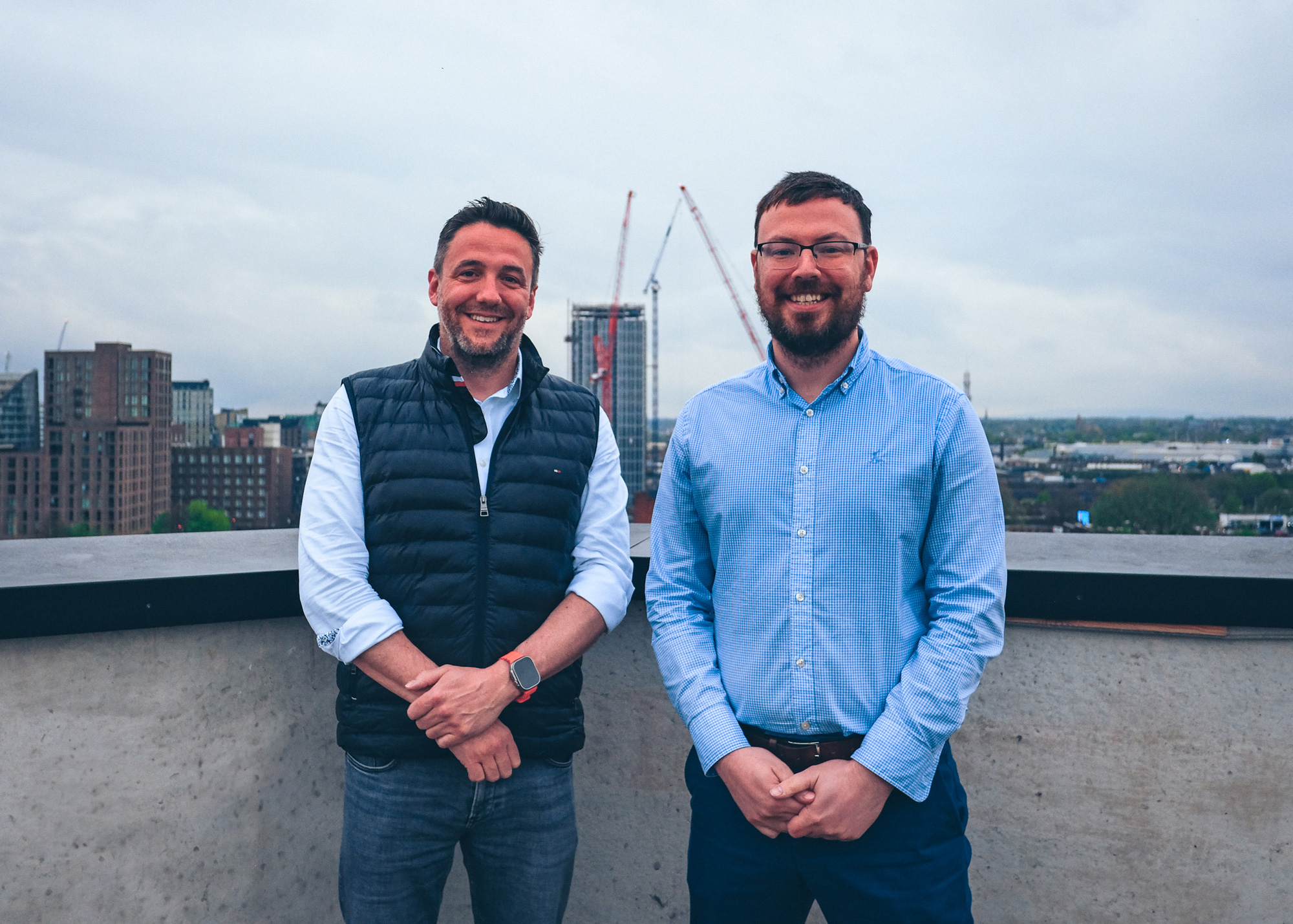In the dynamic world of construction, effective financial management is crucial. One of the key tools used in this regard is Cost Value Reconciliation (CVR).
This blog post aims to shed light on what CVR in construction is and how it plays a vital role in the UK construction industry.
Understanding CVR in Construction
Cost Value Reconciliation, or CVR, is a financial reporting and analysis tool used extensively within the construction industry. It provides an accurate snapshot of a project's current financial status and forecasts its future financial performance.
The primary purpose of CVR is to identify discrepancies between budgeted costs and actual costs, thus enabling project managers to take corrective action promptly.
CVR involves comparing the value of work done against the cost of that work.
The 'value' refers to the amount that has been earned from completing a certain amount of work, while the 'cost' refers to how much was spent to complete that work. If there's a positive difference (i.e., value exceeds cost), it indicates profitability. Conversely, if costs exceed the value, it signals potential financial problems.
The Role of CVR in Construction Projects
CVR plays an instrumental role in managing construction projects effectively by providing valuable insights into their financial health.
Here are some ways CVR contributes:
1. Financial Control: By comparing actual costs with budgeted costs regularly, CVR helps maintain control over project finances. It enables early detection of any overspending or underperformance issues so that corrective measures can be taken immediately.
2. Forecasting: With regular updates on project performance through CVR reports, forecasting future performance becomes easier and more accurate. This aids in decision-making processes related to resource allocation and scheduling.
3. Risk Management: By identifying potential cost overruns early on, CVR aids in mitigating risks associated with financial losses.
4. Profitability Analysis: Regular reconciliation helps determine whether a project is profitable or not by comparing earned value against incurred costs.
Implementing CVR in Construction Projects
Implementing CVR requires meticulous planning and regular monitoring throughout the project lifecycle.
Here are some steps involved:
1. Establishing Budgets: Before starting any construction project, detailed budgets need to be prepared for all aspects - labour, materials, equipment etc.
2. Regular Monitoring: Once the project begins, regular monitoring is essential to track actual costs against budgeted ones.
3. Reporting: Regular reports should be prepared to highlight any discrepancies between planned and actual figures along with reasons for such variances.
4. Corrective Actions: Based on these reports, appropriate corrective actions should be taken promptly to ensure that projects stay within budget limits.
5. Review & Update: Finally, budgets should be reviewed periodically and updated based on changes in scope or other factors affecting cost or value.
For a full list visit 9 CVR Essentials
In conclusion, Cost Value Reconciliation (CVR) is an indispensable tool for effective financial management within the UK construction industry - or indeed any construction industry worldwide! By providing real-time insights into a project's financial status and aiding in proactive decision-making processes related to cost control and risk management, it significantly contributes towards the successful completion of projects within budget constraints while maximising profitability.
Remember - "A penny saved is a penny earned." In this case - "A pound saved through effective use of CVR could mean several pounds earned at the end of your construction project!"
If you want to automate your Cost Value Reconciliation (CVR) learn more through a product demo.





